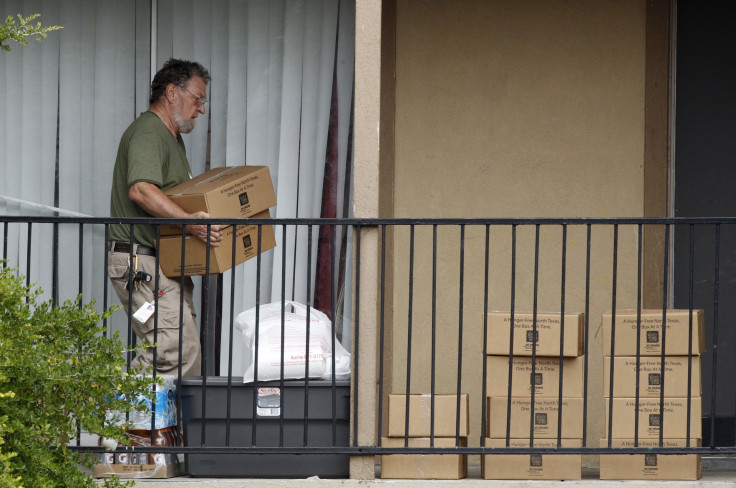US Ebola Threat: Five Key Takeaways From CDC Twitter Chat About The Ebola Outbreak

In an effort to inform an American public concerned about the spread of Ebola, the Centers for Disease Control and Prevention conducted an hourlong Twitter conversation Thursday to answer questions and dispense advice. Using the hashtag #CDCChat, participants tweeted a wide range of questions, but by far the greatest number concerned how Ebola has spread.
Here are five points that CDC officials stressed multiple times during the conversation:
- Patients with Ebola are contagious only when they show symptoms, not during the incubation period.
- Unlike the flu or measles, Ebola is not spread through the air. Instead, it spreads through direct contact with bodily fluids, including vomit, feces, saliva, sweat, vaginal fluid, semen and breast milk.
- Alcohol-based hand sanitizer and chlorine can kill Ebola on exposed surfaces.
- People who recover from an Ebola infection are immune for 10 years and possibly longer.
- There is no evidence that mosquitos or other insects can transmit Ebola.
The Twitter conversation occurred amid growing concern about Ebola in the United States, triggered by the news that Thomas E. Duncan, who last week became the first person to be diagnosed on U.S. soil, had contact with at least 80 people in Dallas after becoming contagious. As Duncan receives treatment at Texas Health Presbyterian Hospital, medical officials have sought to examine and isolate these individuals in order to prevent the spread of the disease. During the Twitter chat, CDC officials repeatedly stressed that passengers on United Airlines Flight 951, which ferried Duncan from Europe to Washington, D.C., and Flight 822, which took him from Washington to Dallas, are not in danger of contracting the virus from him.
The current outbreak of Ebola has killed more than 3,300 people in West Africa, where a lack of medical supplies and poor infrastructure have exacerbated the crisis since its initial outbreak last December.
© Copyright IBTimes 2025. All rights reserved.






















